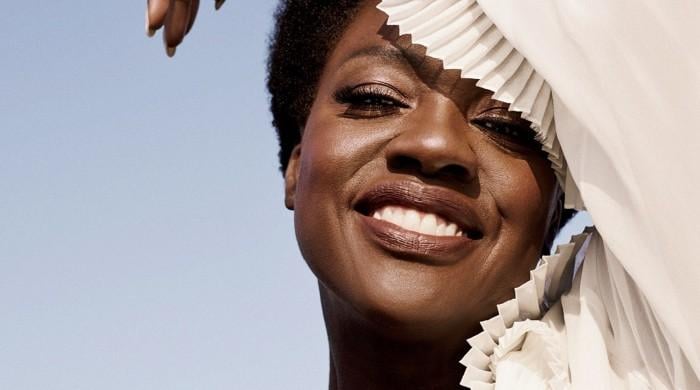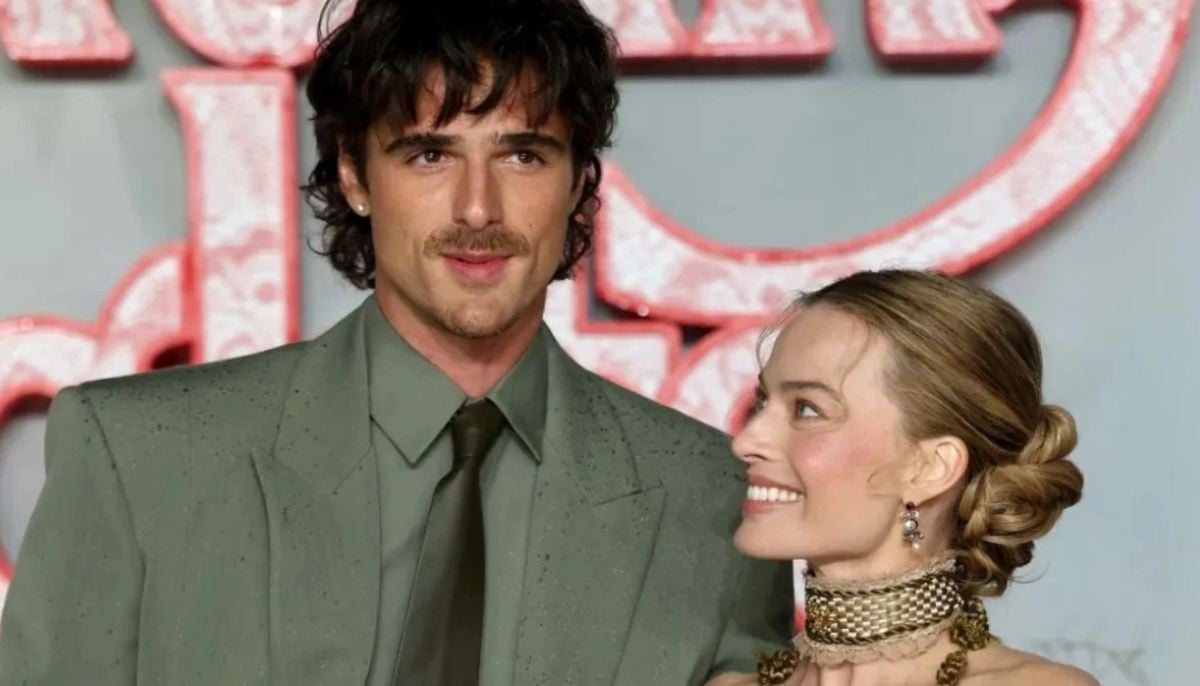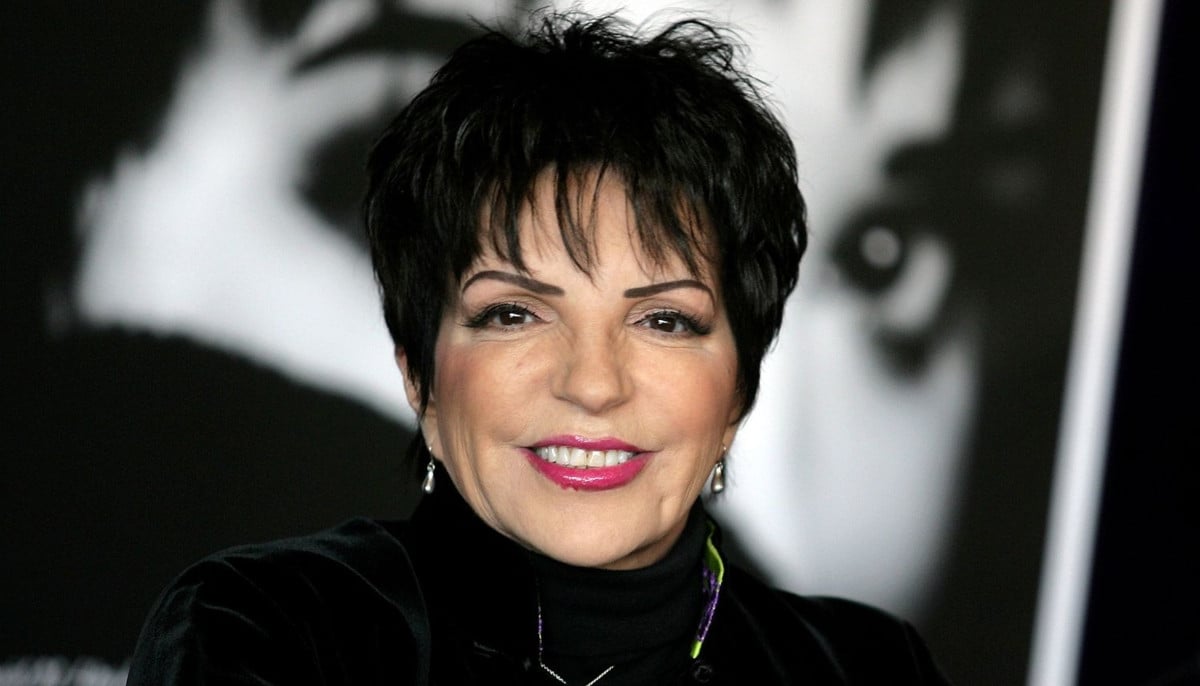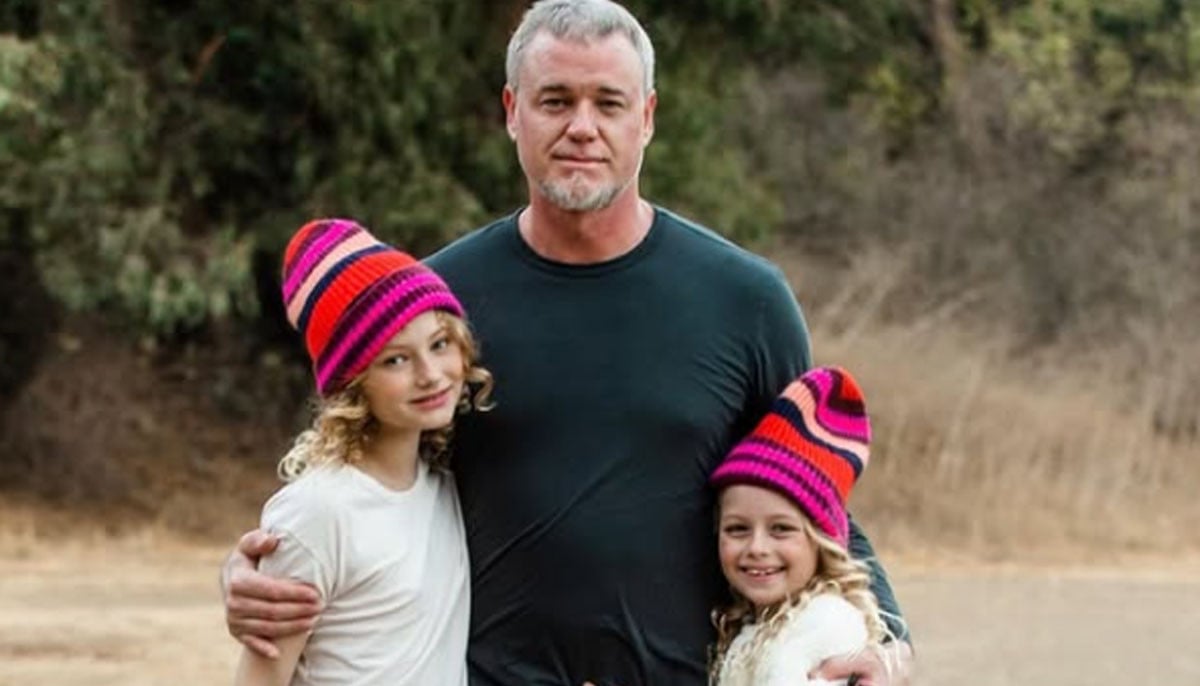Viola Davis says she had to ‘make her Blackness disappear’ as a student at Julliard
Viola Davis harked back to the time when she watched the theater’s onstage adaption of Ma Rainey
Hollywood star Viola Davis opened up about being one of the very few young Black students at Julliard and how it affected her.
Speaking to The Telegraph, the Academy Award-winning star, 55, spoke up about her film, Ma Rainey’s Black Bottom, which earned her a Golden Globes nomination as well.
She harked back to the time when she watched the theater’s onstage adaption of Ma Rainey’s Black Bottom.
"It was like I was watching a famous singer that I loved in private, even though I didn't even know who Ma Rainey was at all,” she said.
She revealed further that during her time at Julliard, she never performed any plays by August Wilson, who is known for his cycle of 10 shows encircling African American community of the 20th century.
Davis revealed that this was because the few Black students in her graduating class weren’t cast for shows enough.
"I can't say that I'm not appreciative of my training there, but I did not find a sense of belonging. It was a place that taught classical, Eurocentric theatre as if it was the Bible — and for me, as a chocolate, kinky-haired girl, there was no way in," she said.
"To perform in Shakespeare, or George Bernard Shaw, or Eugene O'Neill, I felt like what was required of me was to make any hint of my Blackness disappear, that it would somehow be a good thing if the audience could forget I was Black,” she went on to say.
"There is still a sense that a woman has to look a certain way and be a certain age in order to be sexual on screen. And if those rules are broken, they're broken for white actresses only. And they're wonderful white actresses — Meryl Streep in 'Hope Springs,' or Diane Keaton in 'Something's Gotta Give.' But I don't feel like that same freedom has been extended to black women, especially dark-skinned black women. I simply don't see it," she continued.
-
Jacob Elordi talks about filming steamy scenes with Margot Robbie in 'Wuthering Heights'
-
'Grief is cruel': Kelly Osbourne offers glimpse into hidden pain over rockstar father Ozzy death
-
Timothée Chalamet reveals rare impact of not attending acting school on career
-
Liza Minnelli gets candid about her struggles with substance abuse post death of mum Judy Garland
-
'Saturday Night Live' star Will Forte reveals how he feels about returning to the show after 2010 exit
-
Eric Dane's family shares heartbreaking statement after his death
-
'Never Have I Ever' star Maitreyi Ramakrishnan lifts the lid on how she avoids drama at coffee shops due to her name
-
Chyler Leigh pays moving homage to 'Grey’s Anatomy' co-star Eric Dane: 'He was amazing'












